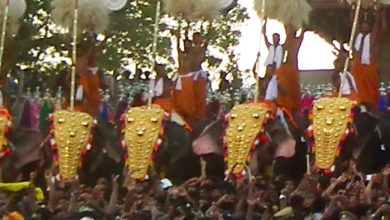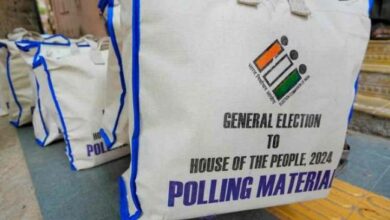Renowned Malayalam Actor Kundara Johny Passes Away at 71

Esteemed Malayalam actor Kundara Johny, celebrated for his compelling portrayal of antagonists in Malayalam cinema, passed away at a private hospital on Tuesday, as confirmed by industry insiders. Johny, aged 71, was admitted to the hospital following a heart attack on Tuesday evening, as stated in a Facebook post by the FEFKA Directors’ Union.
Johny commenced his cinematic journey in 1979, gaining recognition for his roles as antagonists in Malayalam hits like ‘Kireedam’ and ‘Chenkol’. Over a span of four decades, he graced the screen in over 500 films, including notable ones such as ‘Meen’, ‘Parankimala’, ‘Karimpana’, ‘Godfather’, ‘Nadodikattu’, ‘Bharathchandran IPS’, and ‘Oru Vadakkan Veeragatha’. His final film, ‘Meppadiyan’, was released in 2022.
The passing of this iconic actor was mourned by many, including Kerala Finance Minister KN Balagopal, who expressed condolences. The public will have the opportunity to pay their respects as Johny’s mortal remains will be placed for viewing at Kadappakada Sports Club on Wednesday from 10 am to 12 pm. The actor will be laid to rest at St Antony’s Church cemetery on Thursday.






